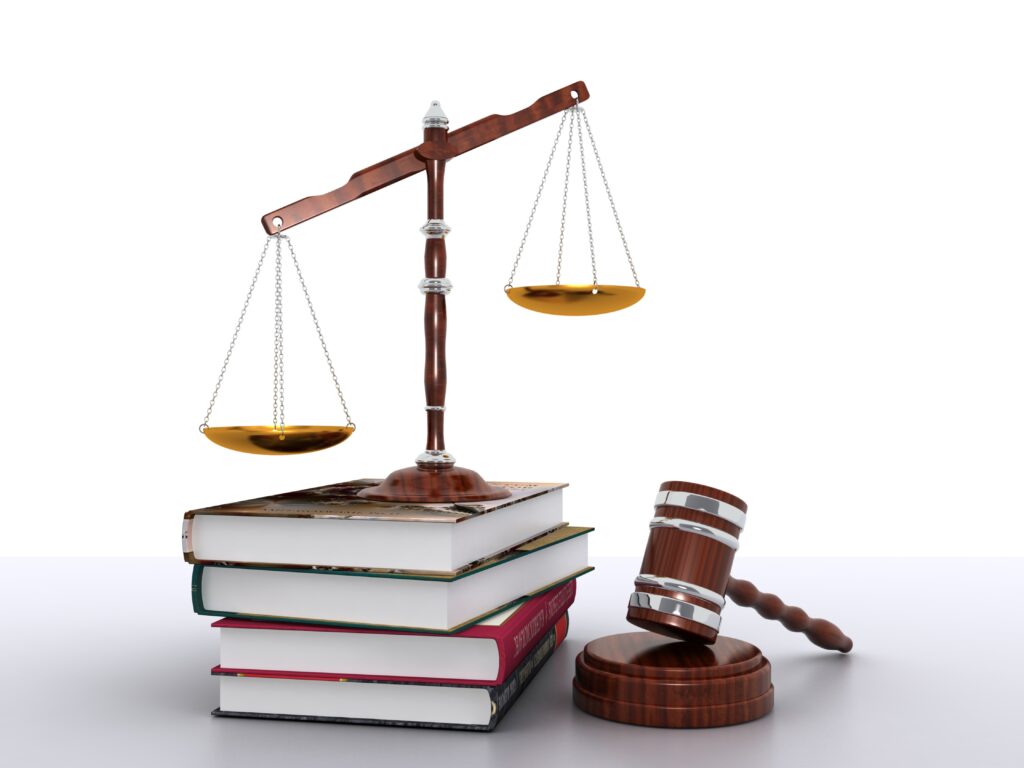If you have suffered an accident due to the negligence of others, you are entitled to file a personal injury claim. Whether the accident was a slip and fall accident, auto accident, or even a dog bite, you may have a case against the negligent party and/or insurance company.
Of course, the success of your personal injury claim depends on multiple factors.
These factors include documentation of the accident, supporting evidence, and more. However, most importantly, it depends on a competent and experienced personal injury attorney.
If you or a loved one has experienced an accident, always remember to consult Lieberman Injury Law. We offer the best professional personal injury attorney, licensed in New York and Florida, to get you the settlement you deserve.
Let’s discuss the personal injury claim process to better guide you on what to expect if you seek a personal injury settlement.
Personal Injury Claim Process
Before taking any legal action, the first thing to do is seek a potential resolution between the involved parties. Often, claims can be resolved out of court without taking court action or filing a lawsuit.
Your personal injury attorney may present your claim, and if it is well-documented and supported, it may increase your chances of getting the settlement you deserve. You can do this without resorting to more serious legal actions in court.
Here are the steps, or phases, you may go through in a personal injury claim process before a lawsuit is filed.
-
Initial Meeting
Your first step after an accident is to secure a competent personal injury attorney, which means contacting Lieberman Injury Law if you are looking for a personal injury attorney licensed in New York and Florida.
Together, you discuss your unique situation, and your attorney will assess your case and guide you through the options.
-
Notification Process
The attorney will notify all the concerned parties and insurance companies of their representation of your case. They can do this through calls or letters, and it notifies all parties of your accident and claim.
It also lets all the parties know that you have representation and that all future communication about the matter must be done through them and not directed to you.
-
Investigation and Evidence Collection
All attorneys require the support of substantial evidence in court. For an accident, this evidence is collected by investigating and photographing the scene of the accident. If any items were involved in the accident, they too are investigated and photographed.
Relevant physical evidence is obtained and stored. If there were any witnesses, they are interviewed, and their statements and recorded. If there were prior investigations into the matter, copies of those investigation reports are requested.
Past claims information and thorough background checks on potential defending parties are also collected.
-
Property Damage Claims
If you were in an auto accident, your vehicle repair process is expedited; a rental car is arranged if needed. If your vehicle suffered a ‘total loss,’ the appropriate amount is collected on your behalf.
-
Medical Documentation
Once your medical treatment is complete, copies of the relevant medical records and bills are collected for evidence. Copies are also shared in the documentation sent to the defendant and insurance companies for compensation of your damages.
-
Employment Documentation
Employment documentation is collected to corroborate loss of earnings or income. This step involves requesting payroll information from your employer on your behalf or determining and collecting your earnings records if you are self-employed.
Conclusion
Generally, settlement negotiations and insurance claims are not made until all documentation and evidence have been collected. Moreover, your recovery is also taken into account. Until medical treatment is complete or there is enough reason to believe that you will not require long-term treatment and care, your claims are incomplete.
You always have the option to release your claims before treatment is complete. However, it means you cannot seek further compensation after settlement if you discover medical complications later on.
Although, if a settlement cannot be reached, you may file a lawsuit.
Filing a lawsuit means legal action that’s only taken when you cannot reach a favorable settlement.
We Can Help
Always remember to consult the Lieberman Injury Law to secure the best professional personal injury attorney, licensed in New York and Florida, to get you the settlement you deserve.
If you want to learn more about the personal injury claim process, or if you require the services of a professional personal injury attorney licensed in New York and Florida, please schedule your consultation.

